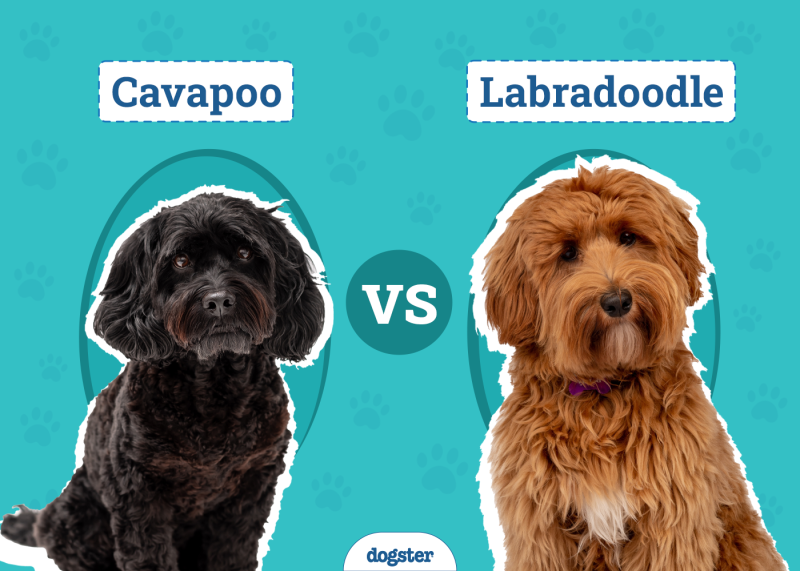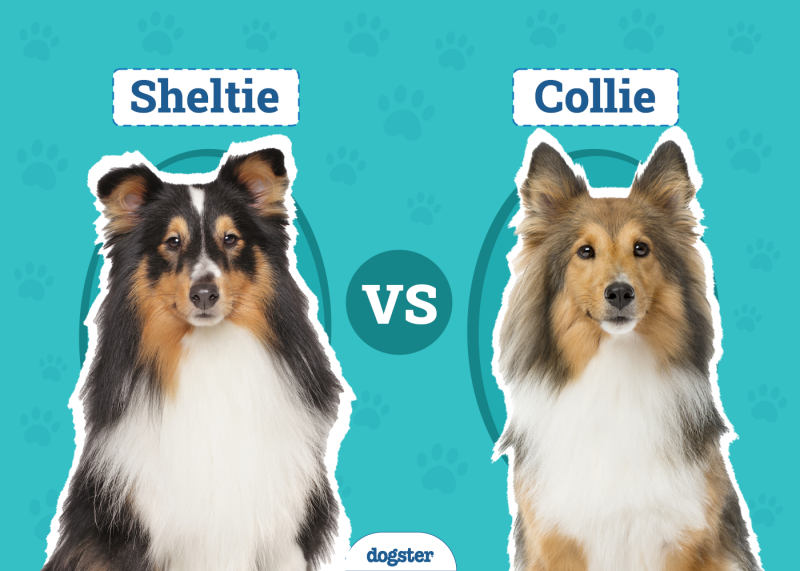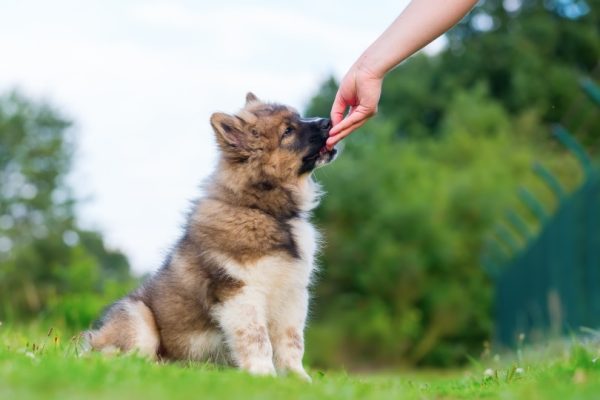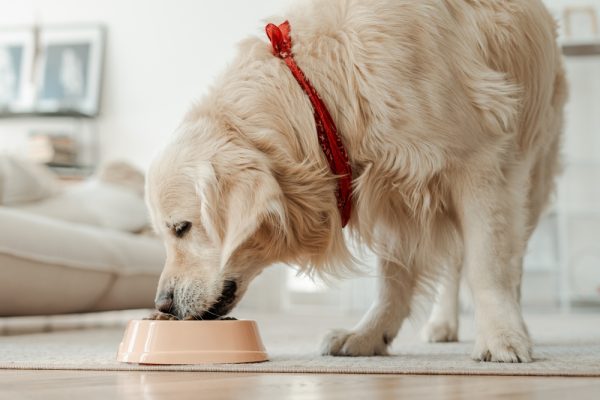Bernese Mountain Dogs are sturdy, beautiful, affectionate dogs that love to please their owners. Their gentle temperament and intelligence make them easy to train. But Berners, as they’re also known, can be sensitive to harsh corrections and don’t like to be alone for long periods of time. For this reason, it’s important to consider training and milestones that will cater to their specific needs.
We’ve compiled a guide on training your Berner to make the process easier. Whatever training you’re planning, your dog will undoubtedly benefit from it. Not only is it a fantastic bonding experience for you both, but intelligent animals like Bernese Mountain Dogs love to learn, and training is a great way to keep them from getting bored.

Before You Start
You will need to be prepared for the journey ahead. Berners are large dogs, and you will need to manage an adult dog that can reach up to 100 pounds in weight. Taking on a dog is a big undertaking, as is meeting all of their needs, and training will set up a foundation for them to grow up into confident adults. As soon as you bring them home, training can proceed.
Begin with light training if your puppy is less than 3 months old. When they turn 3 to 4 months, they have enough concentration to learn basic commands. There are two types of training you can work on with your dog: house training and command training.
We suggest familiarizing your dog with at least a few basic commands to make the process smoother. Basic commands would be things like stay, sit, and come. Before you start training, you’ll need a collar, leash, and your dog’s favorite treats.

The 7 Tips to Train a Bernese Mountain Dog
1. Consistency and Preparation Are Vital
Dogs require consistency to learn new habits. When training your Berner, you should expect the same action to a specific command. Every family member must be on the same page with training, and you must be consistent with the commands you use and how you train.
2. Use Positive Reinforcement
The idea behind positive reinforcement is that you reward your dog with a treat to encourage the behavior you want to see instead of punishing your dog for a behavior you don’t want. As mentioned, Berners are sensitive and react much better to positive reinforcement than harsh corrections.
It’s best to use a treat your dog wouldn’t usually get, and for those that aren’t motivated by food, you can use a favorite toy. Positive reinforcement also means praising and petting your dog. Punishments should always be avoided, and using harsh words or violence can lead to anxiety and fear as your dog gets older.
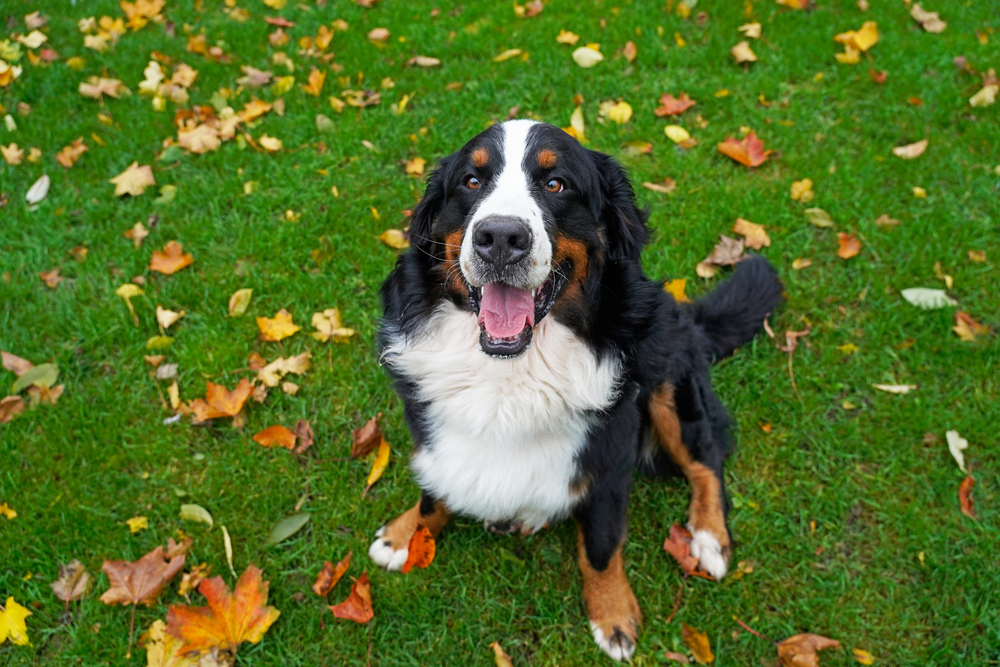
3. Keep Training Sessions Short
Keep the training sessions short when training basic cues, and keep training to 15 minutes per day. It’s important to note that puppies have short attention spans, but you can end your training session on a positive note, so they’re looking forward to the next session.
4. Keep Your Bernese Mountain Dog Challenged
Berners are intelligent, and you need to keep the training sessions fresh and challenging so they’re sufficiently stimulated. If they become bored, it can lead to undesirable behavior like destructive behavior, excessive barking, and depression. Learning a new trick is great for boredom, and it’s an excellent way for you to bond! You could also set up an obstacle course or take a break with a game of fetch.
5. Practice in Different Environments
Start off in a quiet place with no distractions so your puppy can get to grips with their training. But eventually, you will want to introduce them to different areas of the house where other people are around and then outside. When you introduce your Berner to a new environment, the new sights, smells, sounds, and people will add distractions and also give you different responses to those you’d get at home. Different environments also increase your dog’s confidence and set you up for fun future adventures!

6. Make It Fun
Training shouldn’t be a chore, and if you make it fun, it’s an excellent way to strengthen your bond with one another. Try to keep Your Berner excited by incorporating games into the day to break up all the work. They have a working dog heritage and thrive when they can run around to expel their pent-up energy.
7. Be Patient
If your Berner is a puppy, remember they’re still learning and growing, and not only is their attention span short, but the world is brand new and fascinating! They won’t always understand what you want, and they will make mistakes. Also, expect some days to go better than others—if your Berner is the top student one day and is distracted the next, be patient and don’t allow it to derail your training. A consistent routine will teach your puppy what you want and make them feel secure and confident.
If you need guidance training your Bernese Mountain dog, we recommend reaching out to your vet or a professional dog trainer for guidance.
If you need to speak with a vet but can't get to one, head over to PangoVet. It's our online service where you can talk to a vet online and get the advice you need for your pet — all at an affordable price!


Basic Puppy Training Timeline Based on Age Stages
Your puppy’s age will make them more or less ready for specific tasks and commands. Starting as young as you can is best, but it isn’t always possible. And that’s okay; you can still teach an older dog new tricks!
7–8 Weeks Old
This is the perfect age to teach your Bernese Mountain Dog basic commands like stay, sit, and come. It’s also a good age to start leash training but start indoors to avoid distractions. Attach a collar or harness for short periods and reward your puppy with a treat. You can also get your puppy used to general handling by gently touching their paws and ears. This will help them in the future with being groomed and vet visits.
8–10 Weeks Old
Crate training can begin at this age, and your puppy should view their crate as a safe place. Lead them to their crate a few times each day, and once they’re inside, reward them. Feeding your Berner puppy in their crate will also create a positive association.

10–12 Weeks Old
Your puppy will enjoy exploring the world with its mouth by this age. Coincidentally, you might find yourself putting your shoes away in high-up, hard-to-reach places. It’s important to teach your Berner that ankles and hands shouldn’t be bitten, and you can do that by redirecting their attention to a toy.
12–16 Weeks Old
This is the perfect age to start potty training as they’re old enough to control their bladder. However, it’s crucial to maintain a routine. The first thing in the morning and after meals are the perfect times to take them out, and don’t forget that all-important treat to reward them when they go outside! A great tip to avoid any accidents during this crucial time is to bring them out every 3 to 4 hours.

6 Months Old
This is like adolescence for dogs and can be the most challenging time for training, which is why it’s so important to start young. You will have to strengthen their socialization skills and training.

Final Thoughts
Training your Bernese Mountain Dog is a wonderful way to bond and for you both to get to know one another. There are some things you will need to keep in mind when starting out this journey together, such as staying patient and being consistent, which isn’t always easy with an intelligent puppy that is still exploring the world around them. But all of these tips will set you up for success and ensure you’re both having fun.
Featured Image Credit: Kokokola, Shutterstock



